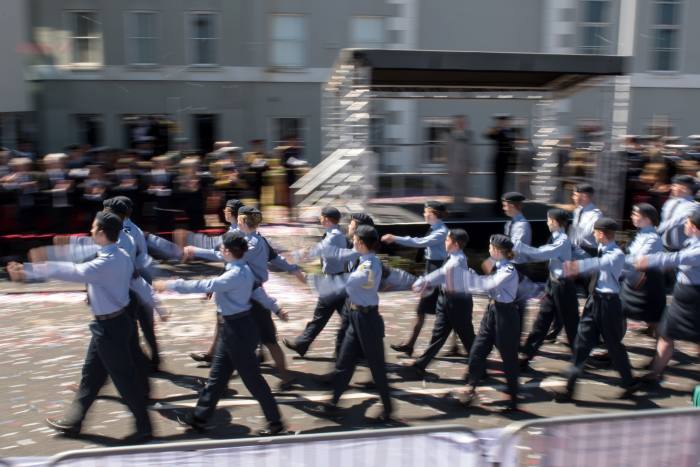
The government is changing the rules of the Armed Forces Pension Scheme which mean the member’s lump sum death benefit will automatically go to their current spouse or civil partner.
At the moment if the member didn’t confirm the nomination by notice in writing to the scheme administrator after the marriage, civil partnership or adult dependency ended, the lump sum won’t be paid.
The current rules also state the lump sum won’t be paid if the person nominated originally by the member isn’t the spouse, civil partner or other adult dependent of the member at the time of the member’s death.
In a consultation launched on Friday (29 June), the Ministry of Defence announced it is introducing changes to these rules, which will make it much simpler for appointing the benefit recipient.
According to the document, the government is introducing a new rule which would revoke any existing nomination when a member marries or enters a civil partnership.
This change would mean that the member’s lump sum death benefit would automatically go to their spouse or civil partner.
However, a member who didn’t wish for this to happen would have the option of completing a new nomination form.
Sir Steve Webb, director of policy at Royal London and former pensions minister, said making sure that the right person gets a lump sum after a scheme member dies had become more complex as family relationships have become more fluid.
He said: "It makes sense for the Armed Forces Scheme to make sure that an old nomination form does not take precedence over a more recent change in marital status.
"All schemes need to review if their processes for making sure that the right person benefits when someone dies are up-to-date and reflect the realities of modern society."
Stephen Scholefield, partner at law firm Pinsent Masons, agrees that this change makes good sense.
He said: "Most people will assume that their benefit goes to their spouse or civil partner.
"Making the change removes the risk of old nomination forms taking precedence simply because the member forgot to update them.
"Those who want to leave the benefit to someone else can still do so. Hopefully this will avoid some unnecessary distress in the future."
The Armed Forces Pension Scheme 2015 – created in that year has a result of the Lord Hutton review - provides a death in service lump sum benefit which, in the case of a deceased active member, is equal to the member’s final pensionable earnings, multiplied by four.
The scheme, which has around 979,000 members – from which some 166,000 are active – only paid £141,000 in death in service benefits in 2016/17, according to its annual report.
Alistair Cunningham, director at Wingate Financial Planning, said: "The position in most schemes is that it is up to trustee to use discretion to decide who should receive the benefit, but this is a sensible solution to align with those practices."





